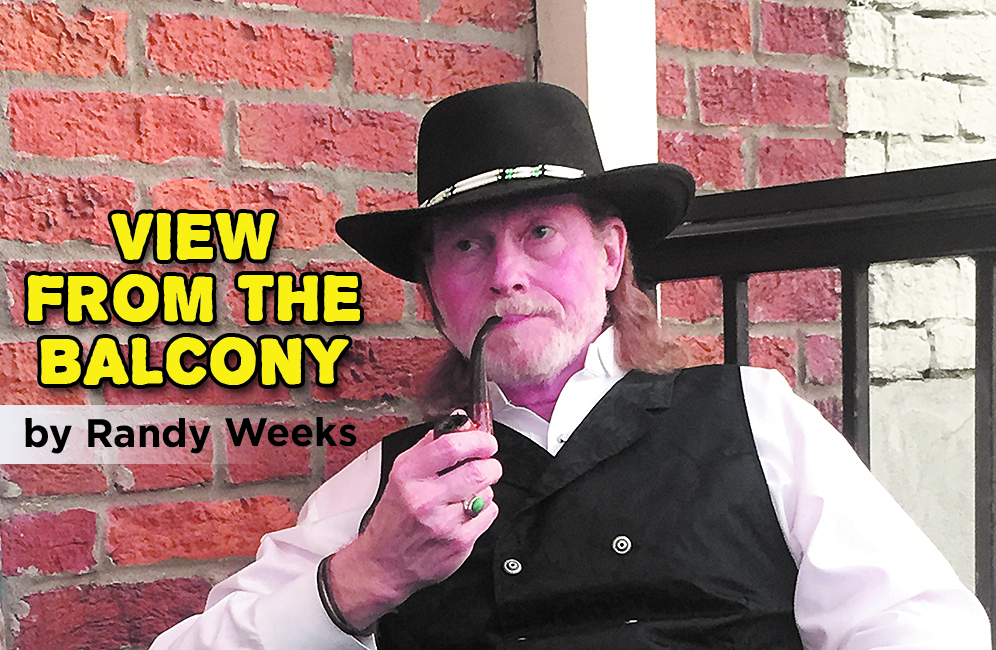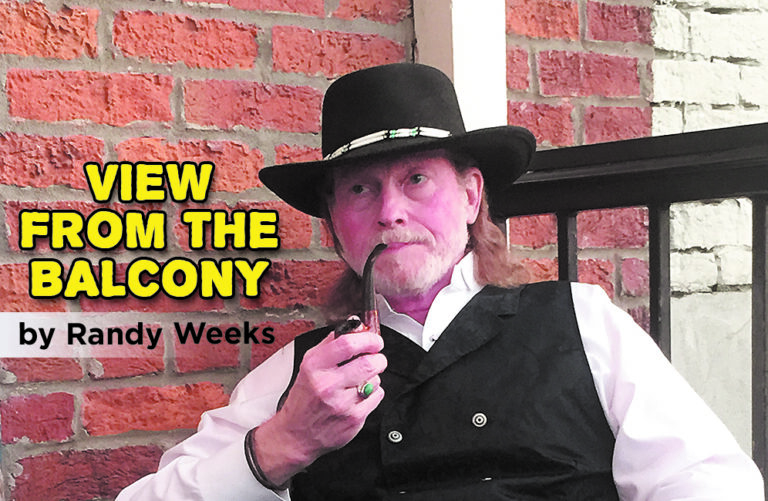
When I learned that my big brother Rodney took his life on January 27, 2017, I sat at home not quite knowing what to do. I decided to go to the place I knew love for me dwelt—The Balcony. There the comfort of friends overflowed and soothed my grief.
When I learned that my sister Hilda had died in her sleep on April 9, 2022, I knew what to do. I went to The Balcony where the comfort of friends overflowed and soothed my grief.
When I learned that my sister Nancy, the last of my siblings, died on May 6, 2024, I knew exactly what to do. I went to The Balcony where the comfort of friends overflowed and soothed my grief.
In the Charles Schultz’s comic strip, Peanuts, good ol’ naïve Charlie Brown often yelled, “Good grief!” to express his dismay over something unbelievable another character—usually Lucy—had said or done. (Think “I coulda had a V-8” moment.) But let’s take it literally. Good grief. What exactly is good grief?
Many of us are familiar with Elisabeth Kübler-Ross’ “Five Stages of Grief” from her 1969 book, On Death and Dying: denial, anger, bargaining, depression, and acceptance. But these “stages” don’t occur sequentially. Most often we bounce back and forth between them. They also overlap frequently. Still, the Five Stages of Grief can be highly helpful for those dealing with loss.
I prefer a similar but different approach. Detailed by psychologist William Worden in his book, Grief Counseling and Grief Therapy: A Handbook for the Mental Health Practitioner, Fourth Edition (2009), Worden’s tasks of grief are: to accept the reality of the loss, to process the pain of grief, to adjust to a world without the deceased, to find an enduring connection with the deceased in the midst of embarking on a new life. In this Worden provides a framework for our grief that can help us understand how people journey through grief. Healing happens gradually as grievers address these tasks, in no specific order, going back and forth from one to another over time. Gradually, with healthy grief, we create a balance between remembering the person who died and living a full and meaningful life.
We can grieve any loss—a loved one, a pet, a job, a dream. A loss is a loss and any loss can be a legitimate reason to grieve, largely dependent on our attachment to that which was lost. Through my own experiences with grief and 25+ years of counseling dozens and dozens of grieving people, here are a few of the things I have learned:
- The most predictable thing with grief is that it’s unpredictable. It can strike you out of the blue, even years and decades after the actual loss. Grief has no timetable other than its own.
- A person doesn’t “get over” a loss, they “get through” a loss.
- Don’t use platitudes. Well-meant words like “She’s in a better place now,” “I guess the Lord needed them more that we did,” and the like may make things worse for those in grief. Words like, “I’m sorry for your loss,” “I wish you comfort and peace”, “I love you,” and other similar ones can and do help.
- Words are not always necessary. Deep hugs, long handshakes, and caring eye contact matter, too.Saying “Let me know if there’s anything I can do” isn’t as supportive as, “I’m coming by tomorrow to wash your dishes, do your laundry, and watch your children while you take a break. When’s a good time for me to come?”
What am I going to learn this time around? It’s just now beginning to unfold. For the time being I’ll stick to the wisdom of our late dear friend, Jack Sonni, who often said, “Hug ‘em while you can, chilluns.” Hug ‘em while you can indeed.
When you need a sanctuary for healing, go to a place where the comfort of friends overflows and soothes your grief.
…and that’s the view from The Balcony.
People often fail to realize that those who have lost someone close to them change. Things change for them, life changes for them. They are merely trying to learn how to exist in a world without a piece of themselves that was there for so long.
—Anonymous
Randy Weeks is a Licensed Professional Counselor, a Certified Shamanic Life Coach, an ordained minister, a singer-songwriter, and an actor. He is well-acquainted with grief. Randy may be reached at randallsweeks@gmail.com.




Thanks, Randy. I’m learning to accept and go on. It’s hard sometimes but my kids are close and friends even closer
❤️